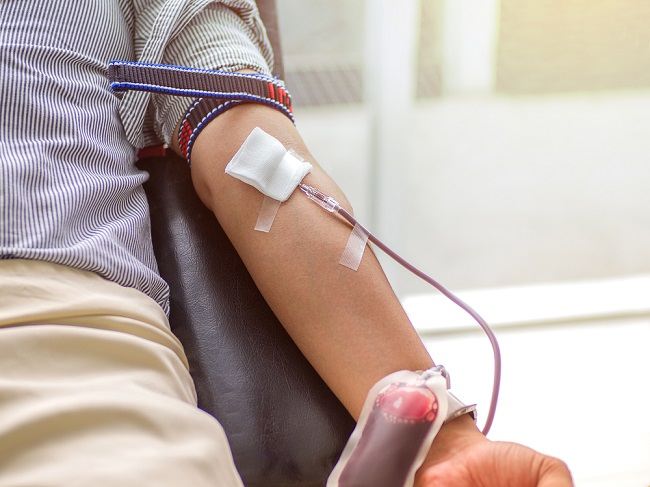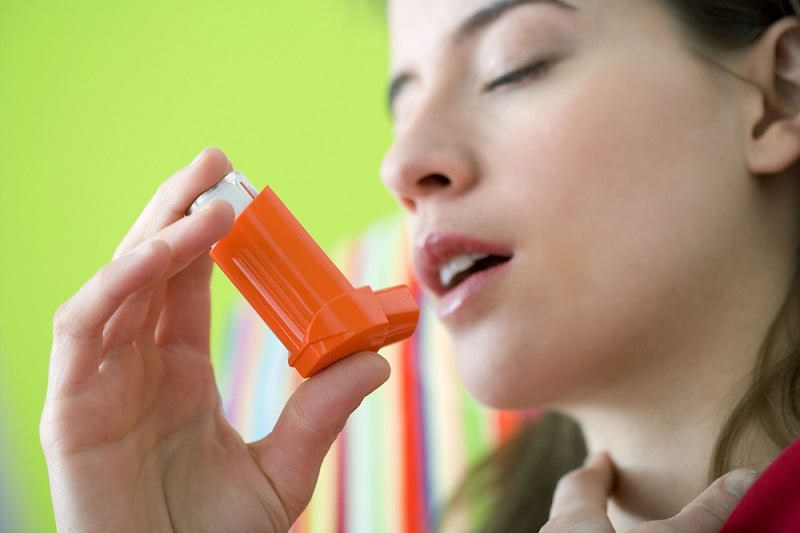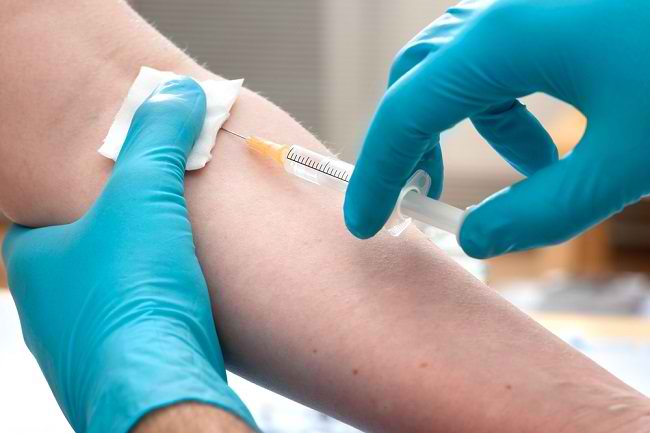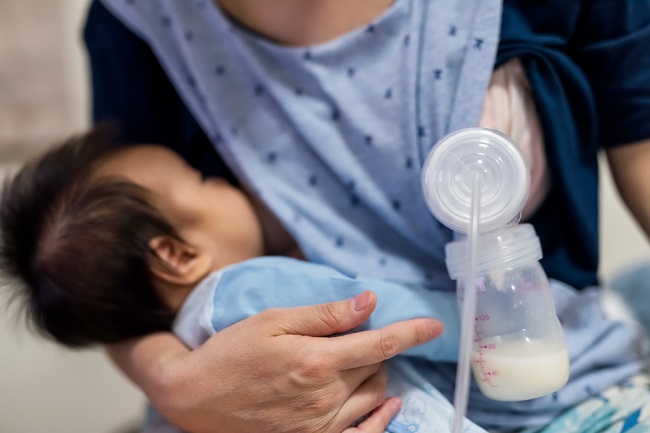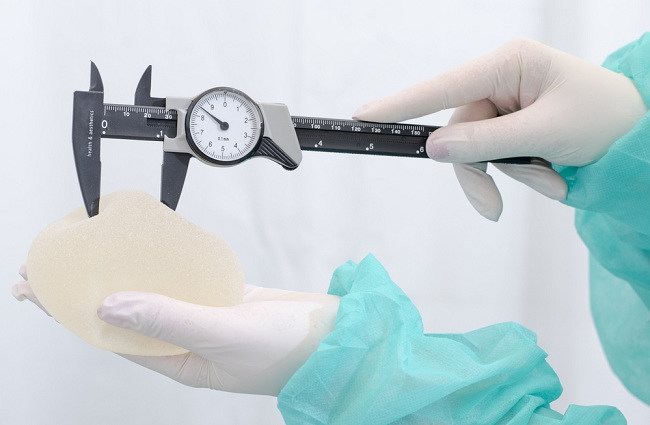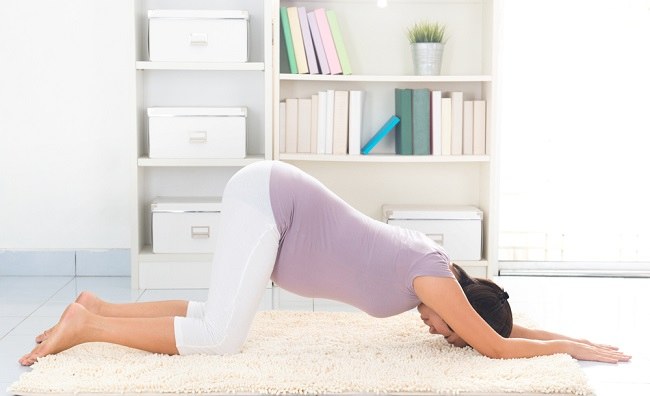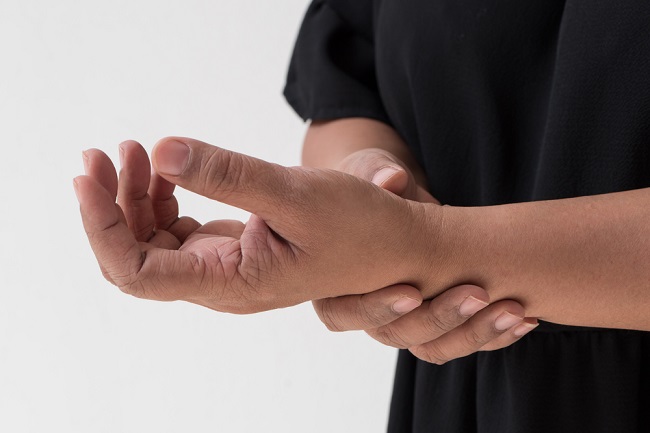Apart from taking care of the baby, it is also important for every woman to take care of herself after giving birth.This body care step is carried out to restore body shape and speed up the postpartum recovery period. So, what types of treatment can be done?
Every woman who has just given birth will enter the puerperium. This period usually lasts for 6-8 weeks after delivery. During the postpartum period, some women often experience various complaints, such as swollen feet, breast and vaginal pain, constipation, and hemorrhoids.

These various complaints are a common condition. However, you still need to know the right steps for body care after giving birth so that the recovery process can run faster.
Some Body Care After Childbirth
There are various body treatments after giving birth that you can do, including:
1. Treat vaginal wounds
For women who gave birth vaginally, pain in the perineum or the area between the rectum and vagina is common. This section can be torn due to the process of pushing or due to an episiotomy.
This condition is usually accompanied by swelling of the vulva and lasts for 1-2 weeks. However, perineal muscle strength can recover within 6 weeks.
There are several things you can do to help the recovery process of this body part, namely:
- Soak in warm water for 5 minutes
- Give a cold compress for 10 minutes on the injured part
- Gently wash the vulva with warm water after urinating
- Use a soft pillow when sitting if you feel uncomfortable
However, if you have taken the above treatment steps and still feel pain accompanied by symptoms in the form of a sensation of heat, swelling, pain, or discharge of pus, immediately consult a doctor to get the right treatment.
2. Treating the gastrointestinal tract and hemorrhoids
Hemorrhoids can be experienced by anyone, including women who have just given birth. This condition generally occurs due to the process of holding and straining during the birthing process.
Hemorrhoids are usually characterized by a lump outside the anus and several other symptoms, such as itching and pain in the anus and swelling around the anus. Not infrequently, sufferers also experience bleeding during defecation.
Generally, hemorrhoids go away on their own without treatment. However, to relieve the complaints caused by hemorrhoids, there are several body care steps you can take, including:
- Take a hot shower or bath
- Eat fiber-rich foods, such as fruits, vegetables, and whole grains
- Drink more water
- Avoid holding CHAPTER
- Do Kegel exercises regularly
If you have taken some of the body care steps above, but the hemorrhoids do not subside, you are advised to consult a doctor.
3. Caring for the pelvic muscles
After delivery, the pelvic floor muscles may weaken or stretch. This often causes women to find it difficult to control the urge to urinate, especially when coughing, sneezing, or laughing. This condition will generally recover on its own within a few weeks after giving birth.
However, to speed up the recovery process, you can take care of your body with Kegel exercises, adopt a healthy diet, lose weight gradually, and set the time when you need to go to the toilet.
4. Relieves breast pain
The process of increased milk production after giving birth can cause breast complaints, such as breasts feel tight, painful, and swollen. This condition will usually subside when the baby begins to suckle.
Well, you can relieve breast complaints by doing the following:
- Feed the baby on time
- Warm or cold breast compresses
- Keep breasts clean and dry
- Use special bra pads to absorb leaking milk
Things to Pay Attention to Apart from Body Care
In addition to experiencing physical changes, you can experience emotional changes after giving birth and one of them isbaby blues.
This condition occurs due to hormonal changes that make the sufferer experience mood swings or mood swings, such as worry, anxiety, and sadness in the first few weeks of becoming a mother.
baby blues generally accompanied by symptoms, such as easy crying, irritability, insomnia, and restlessness without a definite cause. These symptoms can last up to 2 weeks.
To overcome this condition, you are advised to stay positive, manage stress, and share stories with your partner about what you are feeling or thinking.
You can also consult a psychologist or psychiatrist, especially if baby blues experienced has made you often feel guilty without cause, easily tired, loss of appetite, and disruption of daily activities.
In addition, you are also advised to check with your doctor regularly for 6 weeks after giving birth. In addition, if you still have questions about body care after giving birth, don't hesitate to consult a doctor.
